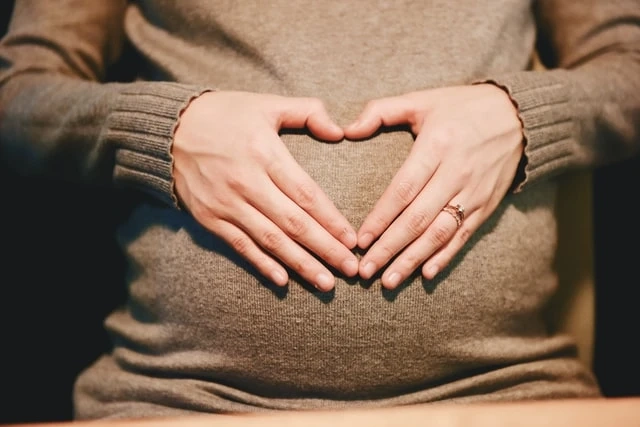Planning a pregnancy can be stressful for any woman, disabled or not. There are so many things to consider and prepare for- from the physical effects on your body, to what you'll need after giving birth. But disabled pregnant women face unique challenges that their able-bodied counterparts may not have to worry about. What disabilities might be present? How will my disability affect my pregnancy? Is there any help available for disabled pregnant women? These questions and more will be answered in this blog post!
How to plan a pregnancy despite being disabled?
There are many resources available for disabled pregnant women, both online and in-person. The most important thing is to be proactive and ask for help when you need it! Here are a few of the most common sources of support:
The first is to contact your doctor. They will be able to give you a list of disabled-friendly doctors in your area, as well as some helpful tips on how they can aid you throughout the pregnancy process.
The second is to join online support groups for disabled pregnant women! There are many that exist both locally and nationally, so it's easy to find one near. Support groups are vital for disabled pregnant women, as they provide a space for you to share your experiences and ask questions of other women who have gone through or are currently going through the same thing.
You can also contact local disability organizations for information on resources in your community. Many of these organizations offer pregnancy-specific support groups, as well as individualized counselling and advice.
What are the problems faced by a disabled pregnant woman?
There are a few key problems that disabled pregnant women face. First, many disabled women do not have access to the same quality of healthcare as non-disabled pregnant women. This can lead to health complications during pregnancy and labour that might not have otherwise occurred.
Second, disabled pregnant women often feel like they are "not entitled" to receive care and attention. They may feel that they are not as deserving of help as other pregnant women, and this can lead to isolation and a lack of support.
Finally, disabled pregnant women often do not have access to the same resources as their non-disabled counterparts. This can include things like financial assistance, accessible housing, and transportation, which can be difficult to get.
Conclusion
Good maternity care for a disabled pregnant woman means understanding her unique needs and addressing them. There are many resources available to disabled pregnant women, and with the right planning and support, they can have a safe and healthy pregnancy. There are many challenges that disabled pregnant women face when planning for a baby. So, it is best to be as prepared as possible before starting a family.


